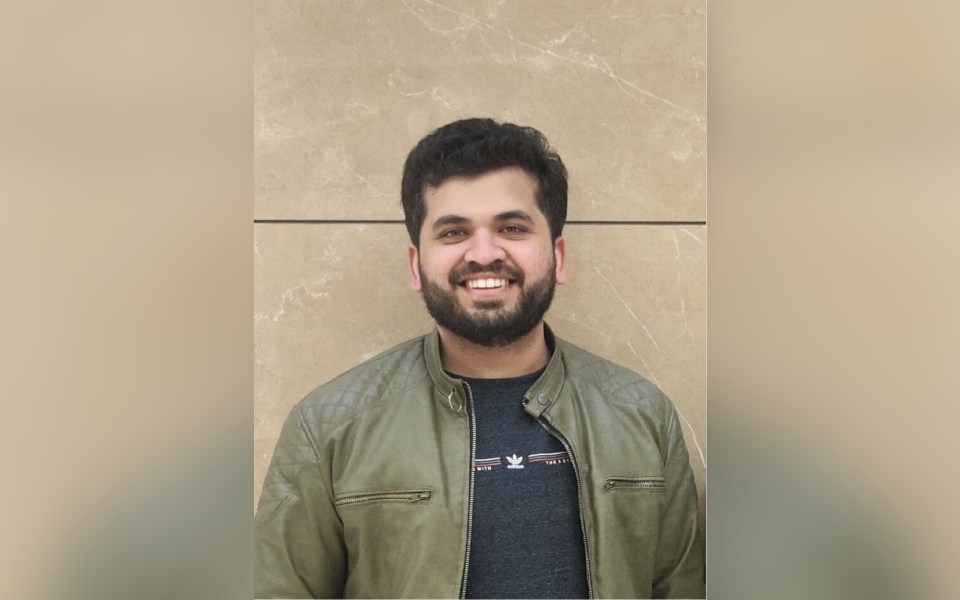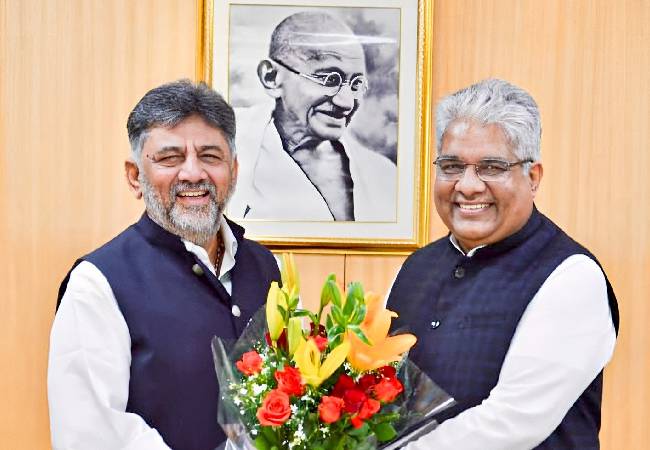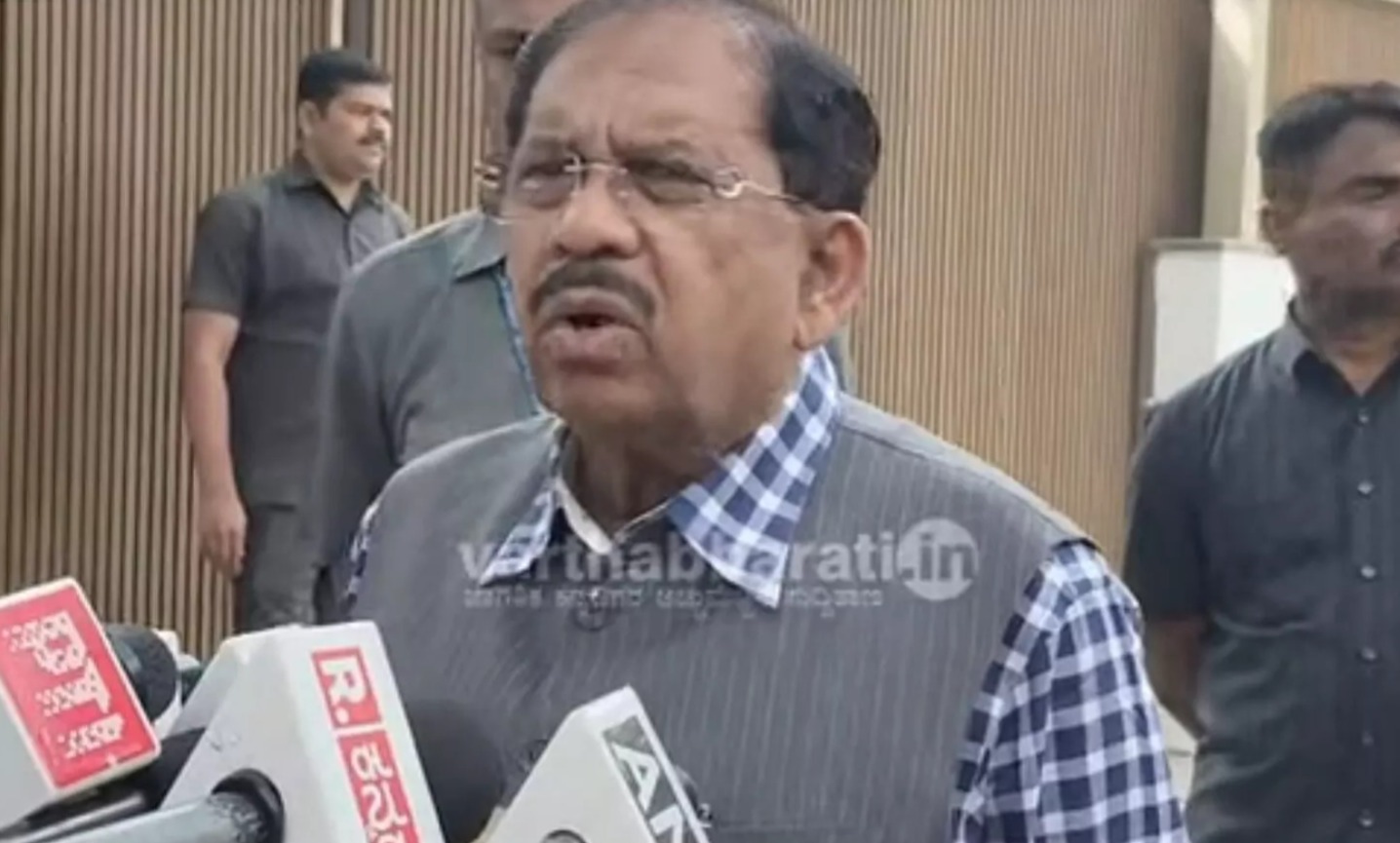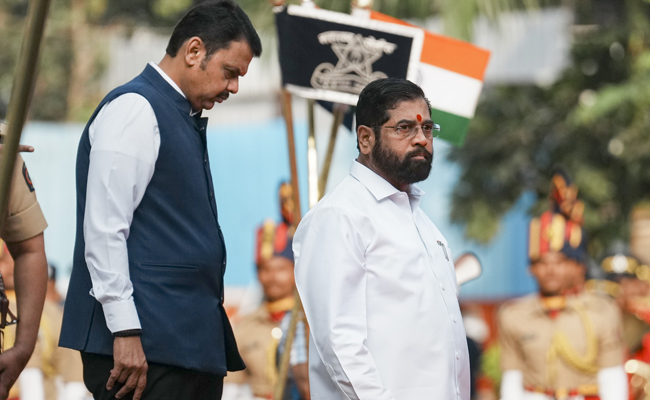India has emerged as the world’s largest contributor to plastic pollution, according to a study recently published in the journal Nature, accentuating the urgent need for concrete action to address this escalating environmental catastrophe. In an exclusive interview with Vartha Bharati, Syed Mohammed Bilal, supervisor of the Waste Water Lab at the Central Pollution Control Board (CPCB), elucidates the CPCB’s instrumental role in formulating transformative policies, the need for a paradigm shift in stakeholder attitudes, and the pressing necessity of curbing single-use plastics.
Bilal, a native of Bhatkal who grew up in Palakkad, Kerala, holds a BS-MS in Chemical Science and shared that his passion for science ignited at a young age, fueled by its ability to answer his curious questions. When it didn’t, it provided a platform to explore them further. Reflecting on his journey, he described his admission to the Indian Institute of Science Education and Research (IISER) in Thiruvananthapuram as a series of fortunate events rather than a deliberate plan. “The IISERs were established only in 2008, so during my 12th grade in 2010, I wasn't aware of the institute. My mother happened to read a newspaper article about it and encouraged me to apply,” he recalled. The 30-year-old explained how IISER’s focus on cultivating scientific temper and critical reasoning set it apart from traditional rote learning. Despite the transformative experience, Bilal eventually realised that basic research was not his true calling. He then shifted gears, turning his attention to government service, and after intense preparation, successfully cleared the CPCB exam in 2019.
Bilal briefly discussed the historical origins of plastic, highlighting Leo Baekeland’s synthesis of Bakelite, the world’s first plastic, in 1907. “This opened a chain of discoveries of new polymers that made plastic a household commodity. Initially, it was a boon for humanity; however, no one could have predicted that a century later, these materials would become so pervasive that we would have to consider banning them due to their contamination of our land, air, and water,” asserted Bilal.
CPCB’s role in curbing plastic pollution
The Central Pollution Control Board (CPCB), operating under the Ministry of Environment, Forest and Climate Change, serves as India’s apex body responsible for monitoring and regulating pollution across the country. Its primary focus encompasses air, water, and soil pollution, although issues like noise and light pollution, though less frequently monitored, are also critical.
Bilal highlighted that the CPCB helped formulate the Plastic Waste Management Rules in 2016, which mandated the phase-out of single-use plastics and imposed restrictions on plastic bags with a thickness of less than 50 microns. A complete ban on single-use plastics was enforced from July 1, 2022, marking a significant step toward curbing plastic pollution.
Reasons for plastic pollution in India
Bilal noted that India, being the most populous country with approximately 1.44 billion people, is the primary driver behind the staggering amount of plastic waste it generates. Rapid economic growth has also fueled a consumer-driven economy, leading to increased demand for packaged goods. Despite recent improvements, a significant portion of recyclable plastic—over a third—still ends up in landfills or is carelessly dumped into rivers and drains, exacerbating the environmental crisis.
Solutions to overcome the crisis
The solutions to plastic pollution are varied and multifaceted. Bilal stated that the CPCB has played a key role in formulating national policies and guidelines for Extended Producer Responsibility (EPR). Under this initiative, manufacturers are held accountable for the entire lifecycle of their products, including their disposal at the end of use. He said: “CPCB oversees compliance with EPR regulations, ensuring that producers fulfill their duties regarding waste collection, recycling, and environmentally responsible disposal”.
Bilal emphasised that the best solution to plastic pollution is providing better alternatives to consumers. However, despite the simplicity of this idea, it remains a challenge due to the low cost of single-use plastics. Existing alternatives are often either less durable or more expensive—affordable only to the privileged.
He shared that we need to make lifestyle changes to reduce the use of single-use plastics. Simple actions, such as bringing cloth bags for groceries and opting for paper cups and non-plastic straws for drinks, can make a difference. He also stressed the importance of segregating non-biodegradable waste at home, which allows waste collectors to more efficiently channel it for recycling.
Violations and fines
At the policy level, organisations like the CPCB play a crucial role in enforcing the Plastic Waste Management (PWM) Rules. “CPCB can issue show cause notices to state authorities or local bodies, asking them to explain their non-compliance,” explained Bilal. He highlighted that, since 2022, the CPCB has been conducting random inspections of markets, hotels, and industries to monitor the manufacturing and use of single-use plastics. Violators face immediate fines, but Bilal emphasised that these enforcement measures alone are not enough to eliminate single-use plastics. Despite efforts, illegal production continues on a large scale, with many products circulating through the black market, he noted.
Accountability is the key
Bilal stated that achieving a paradigm shift requires a systemic change in the attitudes of all stakeholders involved. Manufacturers, in particular, must evaluate their profits from single-use plastics against the environmental costs incurred, both for the ecosystem and for their own sustainability. “When empathy for the fragile nature of ecology takes root in people's hearts, better days will surely come,” Bilal concluded.
Let the Truth be known. If you read VB and like VB, please be a VB Supporter and Help us deliver the Truth to one and all.
Sultanpur (PTI): A debt-ridden neighbour allegedly kidnapped and murdered an 11-year-old boy boy at Sultanpur, police said on Wednesday.
The accused, Asif alias Sonu, demanded a ransom of Rs 5,00,000 for releasing Osama alias Sahil to repay his debts, Kotwali police station SHO Naradmuni Singh said.
"The incident took place in the Gandhinagar locality of Sultanpur. The victim's father, Mohd Shakeel, said his son went missing on Monday night after he left to attend a wedding procession. Despite searches, there was no trace of the child," the SHO said.
On Wednesday morning, Osama's body with strangulation marks was found at the residence of the accused whom the police arrested, he said.
Asif, who lives in the same neighbourhood as the victim, exploited the trust built between the two families to carry out the crime, the officer said.
The killing of the minor boy has triggered outrage in the area with the residents demanding stringent punishment for the accused.
The victim's family has called for death penalty for Asif.





